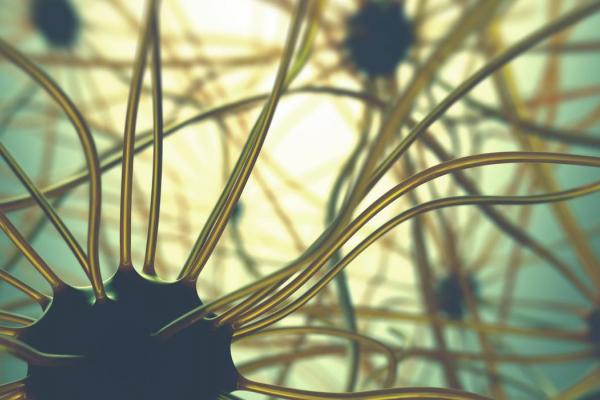As I broke bread with a diverse group of inspiring women this weekend, two of them recounted their time attending a leadership training in the backwoods of Tennessee and quipped about the Klan potentially coming after them. Yet beyond their laughter and ease, the truth behind their comments seared my soul.
It’s hard enough being a woman in this world without also having to deal with the implications of race. But it’s a reality that many women of color have to face as they navigate different forms of inequality on a daily basis.
Kimberlé Williams Crenshaw terms this reality as intersectionality, or the ways that various oppressions – racism, sexism, classism, nationalism, homophobia, etc. – converge to create an overlapping system of domination and discrimination.
But long before she coined and popularized the term, intersectionality has been part of the human condition. Crenshaw gave voice to what many people of color, particularly women, know to be true through lived experience – that power and privilege does not occur in a vacuum and is systematically sustained by disenfranchising the dignity and interests of the “least of these.”
Recognizing that discussions about race were divorced from gender, Crenshaw created the concept of intersectionality in the ‘80s to bridge feminist and anti-racist discourse. It was a simple move that signaled a more diverse and inclusive gender and racial justice movement, yet its implementation and execution remains a challenge.
For instance, in mainstream discourse, feminism has historically been led and framed by white women and their experiences. When we talk about the suffrage movement and women’s liberation, reforms to address issues such as sexual and domestic violence, equal pay, reproductive access, etc., have largely benefited white women. Efforts to lift up the experiences of feminists of color, particularly through “womanist” movements and theology, continue to be overshadowed. But if we are to build a more connected and powerful justice movement to address racial and gender inequality (among others), we must make more room for the voices and lived realities of women of color.
As an Asian-American activist, I must constantly negotiate what it means to be a woman faith leader – all while challenging misconceptions of the “model minority myth” and the “otherization” of my identity in a dominant culture that often sees anything other than whiteness as foreign, exotic, or suspect. And yet, I know that my experiences do not pale in comparison to the hardships of those experienced within the greater sisterhood.
I tremble for my Muslim sisters who must prove and protect themselves in the renewed wake of Islamophobia. I weep for my immigrant sisters and the discrimination they endure while striving to build a better life for their children and families. I shudder at the ugliness of humanity that denigrates the sacred worth of lesbians, queers, and transwomen. I mourn for indigenous women and the destruction of their land, cultures, and bodies. And I lament for my black sisters who must live with generational trauma in a nation that struggles to affirm the simple truth that black lives matter.
And yet, like countless generations of women who have gone before me, I press forward knowing that I am not alone in the struggle for justice. Intersectionality reminds me that we are all connected and beholden to one another. Dr. King called it the beloved community or the “inescapable network of mutuality,” Jesus illustrated it as the body of Christ, and Nelson Mandela described it as ubuntu – or “I am because we are.”
As such, through a powerful collection of essays, Sojourners will lift up the interconnectedness of humanity in a new online series about race and intersectionality.
Thought leaders and luminaries such as Dianne Glave, Bishop Tonyia Rawls, Inez Torres Davis, Brittany Packnett, and others will tackle the tough conversations about race as it relates to leadership development, LGBTQ+ rights, environmentalism, immigration, public health, and more.
Likewise, this series will also run parallel with the launch of Jim Wallis’ compelling new book, America’s Original Sin: Racism, White Privilege, and the Bridge to a New America. This book not only uncovers the “unfinished business of challenging and ending racism” in America today, but it also points to the “story of us.” It is not merely an analysis of intersectional oppression or an indictment of white privilege. Rather, it harkens to a new day of repentance, reconciliation, and restoration for the soul of America.
Will we continue to render some women’s bodies and experiences invisible? Or will we finally honor the stories of black women and #SayHerName?
Will we continue to dismiss the pain and suffering of our black sisters and brothers by asserting that all lives matter? Or will we recognize that many of us will never have to fear the Klan, police brutality, or a criminal justice system fraught with racial bias?
Our collective story is yet to be written. But as Jim reminds us in America’s Original Sin: “Perhaps the first and most important thing to learn is how to listen, really listen to one another, as we are walking together to a new America.”
Oh, that we would listen to and learn from one another in all of our beauty and brokenness. What a story that would be.
Got something to say about what you're reading? We value your feedback!

